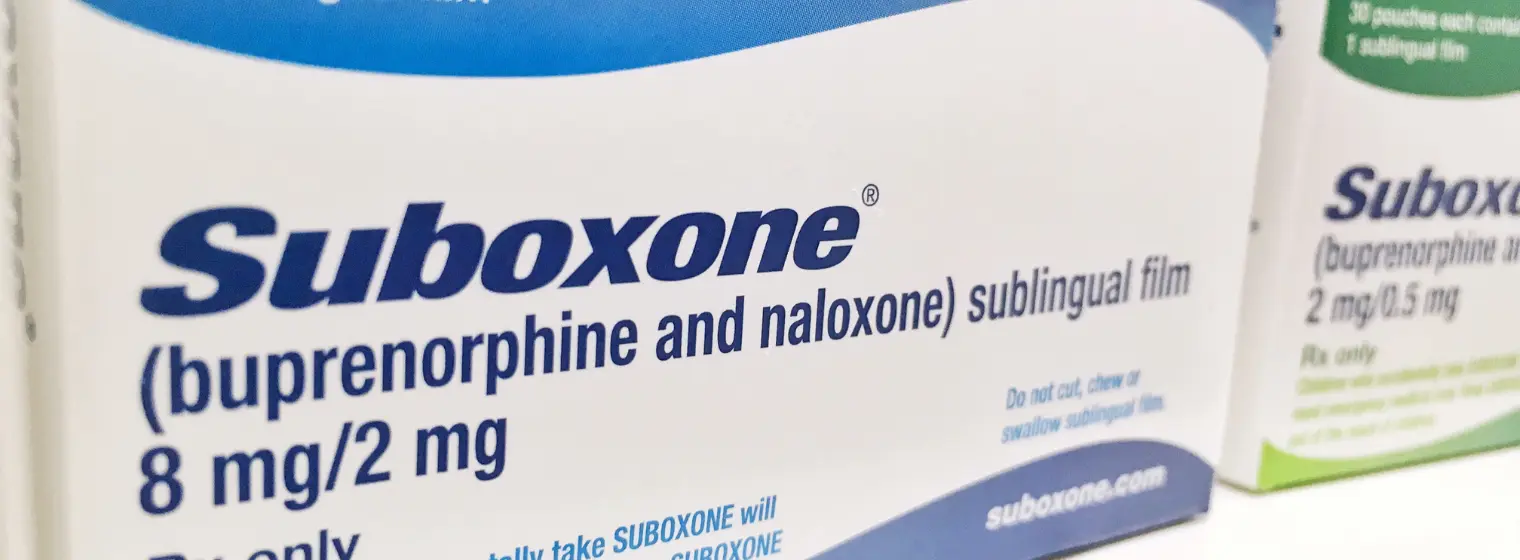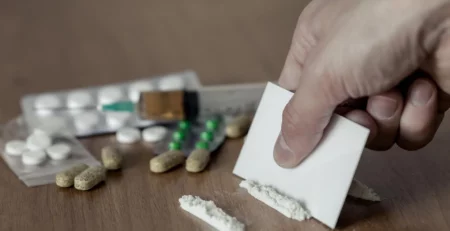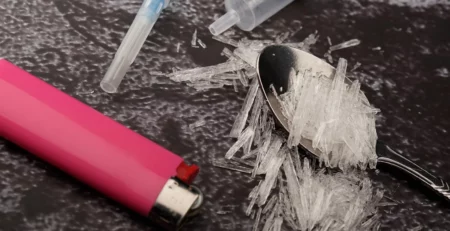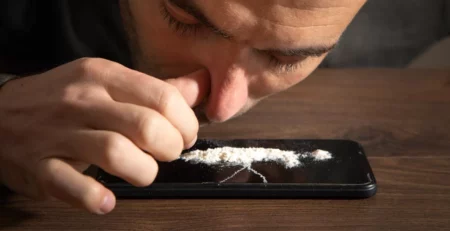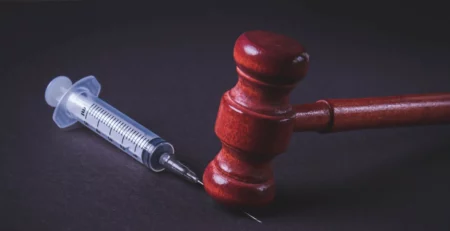What Does Suboxone Do to You Mentally?
The Mental Health Considerations of Taking Suboxone
Suboxone is widely used in Medication Assisted Treatment (MAT). It is a treatment approach, that uses Suboxone, to treat opioid addiction and opioid use disorder. Sometimes, MAT strategies include another partial opioid agonist, buprenorphine – and naloxone, which is an opioid blocker.
Suboxone, however, is effective in treating opioid addiction and opioid dependence. It reduces the cravings which makes it extremely effective to manage opioid withdrawal symptoms. It helps patients struggling with opioid use disorder or other substance abuse issues to regain control over their lives.
But what does Suboxone do to you mentally?
At Icarus Behavioral Health Nevada, we understand how important it is to quickly get back on your feet. Be it a benign substance use disorder or a severe opioid addiction, finding the right addiction treatment is key.
Therefore, we welcome you at Icarus in Nevada, to help you take the first step towards a life free from substance use disorders. At Icarus, we offer personalized MAT therapies and more – including Suboxone addiction treatment – with a focus on your mental and emotional well-being.
How Does Suboxone Affect Your Personality?

Suboxone can lead to changes in your personality. Firstly, it can lead to mood swings and personality shifts. It is a medication that will help you stabilize emotions. That’s because it can help you experience a sense of camp and reduced cravings.
It blocks the opioid effects. And as a result, that stops opioids from triggering intense euphoria. When used moderately in caution of negative consequences, you can treat long-acting opioids abuse.
But, when it comes to misuse of Suboxone, unchecked Suboxone use can lead to mood swings and other severe withdrawal symptoms. Some people experience both physical and mental health effects due to misusing Suboxone.
According to a recent study shared that some people experienced sexual dysfunction. That can lead to negative effects on a person’s mental health like depression, anxiety, and low self-esteem.
Get Effective Detox and Rehab Options at Icarus
Does Suboxone Treatment Suppress Your Emotions?
It is true, some people report feeling emotionally flat or even “numb” due to Suboxone. In fact, there was a 2013 study that indicated such effects Suboxone can have when used for treating opioid cravings – or quitting drugs.
If you research, you will find that this effect is not unique to Suboxone. In reality, it is common even in some effective treatment programs that use a mix of Suboxone and other buprenorphine and opioid receptor-blocking substances.
Suboxone and other drugs can help treat opioid dependency. They block the opioid receptors in the brain which directly affects the emotional responses – and mood. The effects can also influence drug interactions like with benzodiazepines and antidepressants.
So, if you think that your emotions are blunted, you should consult a medical professional, whether at Icarus Nevada or elsewhere, before starting Suboxone or taking higher doses. That way, you can also discover other addiction treatment options.
What Does Suboxone Do to Your Brain?

Suboxone works on your brain’s opioid receptors. These are areas in the brain directly responsible for regulating your “pain, reward, and pleasure” feelings. How does that happen? Suboxone contains buprenorphine, an active ingredient.
This ingredient binds to the receptors as a partial agonist. As a result, it activates them just enough to reduce cravings but without the euphoric effects. This is why Suboxone use is also potentially beneficial for people who rely on opioids to manage chronic pain or treat depression.
What About Other Short-Acting Opioids, like Naloxone?
Naloxone is the other ingredient that acts like an opioid blocker. It is there to help you or your loved ones from misusing Suboxone – whether intentionally or unintentionally. Since if you misuse Suboxone, you’re at an increased risk of developing an addiction, Naloxone helps to prevents that.
When someone injects Suboxone to get “high”, naloxone blocks the effects of Suboxone from ramping up too much. As a result, it prevents a distinct “high” and the dangerous effects as a result of it.
This ‘ceiling effect’ is what makes Suboxone a good option for managing opioid withdrawal and substance use disorders.
Get Accredited Treatment Programs at Icarus – Call Now!
What Are the Benefits of Suboxone for Opioid Use Disorder?
Even though there are potential drawbacks to it, Suboxone does have health benefits when used properly. It can help you improve your mental well-being while treating opioid use disorders.
Reduces Opioids Cravings (and Anxiety)
One of the main benefits of Suboxone is that it is very helpful in managing withdrawal symptoms of methadone, heroin, or other opioids. It helps through a stabilizing effect which is exactly what you need to focus on rebuilding your life without the fear of intense cravings.
Helps with Relapse Prevention
Another great benefit is that it works as an “opioid blocker” medication. It has buprenorphine to help you feel less anxious and stressed. Meanwhile, the naloxone prevents overdosing or addiction. This is why it works as a medication to promote addiction treatment and relapse prevention.
Improves Your Emotional Stability
A potential benefit of this drug is that it can help you regulate your mood. There’s even a paper from 2022 that suggests Suboxone medication to treat major depression. That way, you experience less intense mood swings (or emotional fluctuations), and less frequently too. This creates a better state of mental well-being to focus on healing.
What Are the Side Effects of Suboxone for Opioid Addiction?

Excessive drug usage can cause many problems. For example, the effects of Suboxone can cause blood pressure to shoot up, problems in kidneys, lead to sleep disorders (e.g., trouble sleeping), and heart failure in extreme cases.
Mood Swings
These are some of the common occurrences for the patients attending Suboxone detox and treatment programs to manage and cope with opiate abuse or addiction. Despite the promising uses of the treatment, mood swings do occur.
For instance, patients who have previously managed with opioids may experience irritability when on Suboxone. This is usually as a result of the shift in opioid withdrawal symptoms caused by an adjustment in the dose of Suboxone.
Sexual Dysfunction
Another side effect is sexual dysfunction. It can result from buprenorphine in Suboxone, methadone, and others, according to another recent study. It can ruin intimate relationships and cause damage to your mental health, thus resulting in extended negative effects.
Personality Changes
One of the potential side effects is sudden shifts in temperament. During treatment of opioid drug use through medications like Suboxone or another prescription drug, you can experience confusion and distress.
This is particularly where you should raise questions and learn with your healthcare professionals. They will guide you about coping with mood swings while dealing with sudden personality changes.
Furthermore, it’s recommended to keep information noted in text or other forms to share with your healthcare provider. This will help you adjust the buprenorphine medication as your opioid tolerance goes down.
How Long Does Suboxone Stay in Your System?
Because of a buprenorphine half-life ranging from 24 to 42 hours, it could be active in your body for days. The more extended it stays in the system, the more effect it has on your mental and physical experiences.
However, this long half-life causes a longer relief effect. At the same time, the withdrawal effect may still persist and lead to several side effects so it is better to discuss this with your primary physician.
How to Manage Suboxone Withdrawal Symptoms
The most appropriate approach to getting over withdrawal symptoms is discussing this with an expert. If you call a doctor, you will be exposed to relevant experience and enlightened advice.
With that, you will be given chances to devise ways how to cope with the effects. Here are some things that you can do for quick assistance:
- Reduce the dosage
- Consult your primary physician if the effects persist
- Stay hydrated
- Get ample sleep of around 7 to 9 hours
- Avoid the triggers
- Practice relaxation techniques, such as breathing and medication
Icarus Nevada Helps You Address Recovery with Suboxone Plus Holistic Support

Icarus Behavioral Health Nevada is well aware of the fact that the treatment option for addiction requires focus on improvement of your mental well-being. And that is why our approach combines both Suboxone treatment with:
- Counseling (both individual and group therapy)
- Therapeutic activities
- Mental health support
- A range of evidence based practices
So, with this dual approach, we can help you overcome the side effects on your mental health. It creates a more holistic journey toward recovery where you can seek guidance to benefit yourself – and others.
Up To 100% of Rehab Costs Covered By Insurance – Call Now!
Should I Take Suboxone? Icarus is Here to Help You Decide
We recognize how difficult it is to cope with the risk of addiction when having prescription drugs for a cure for opioid abuse. Starting your Suboxone treatment is your own journey, but finding the right support is where we come in.
If you or one of your loved ones thinks of using Suboxone to eradicate opioid addiction, then it becomes important to understand its potential impacts too.
We’re here to prescribe Suboxone to you to manage your opioid dependency, but we also share guidance about the effects of Suboxone. We tell you about other drug interactions and Suboxone withdrawal symptoms for the best recovery results.
At Icarus Behavioral Health Nevada, we do feel each patient will respond uniquely to an intervention. So we are offering MAT therapies, group counseling, and other amenities in order to help our clients overcome opioid use disorders.
Call now for a confidential consultation today and take the first step into a substance-free life.

